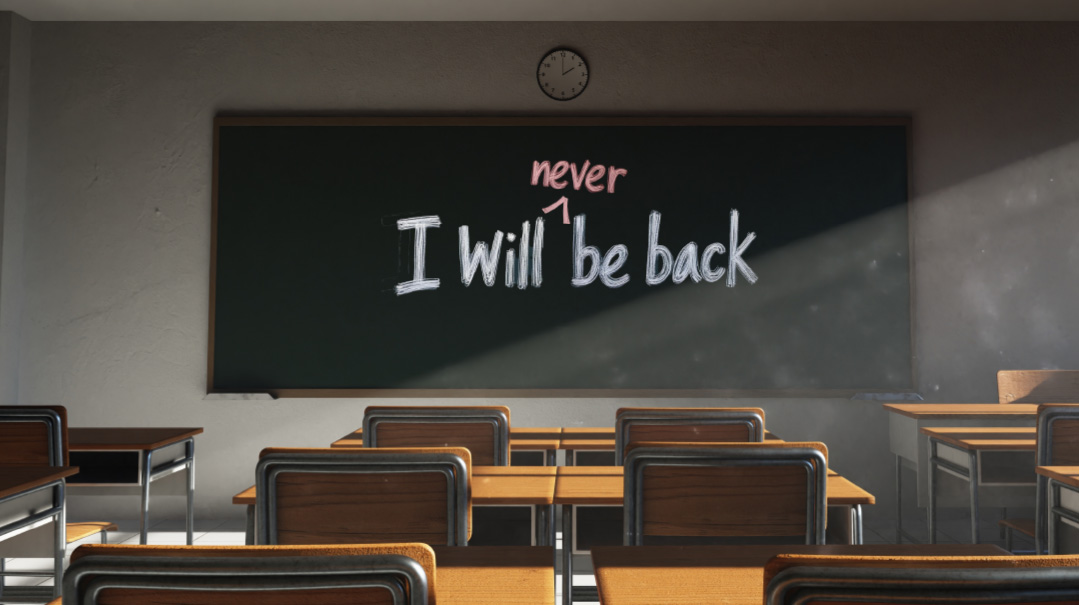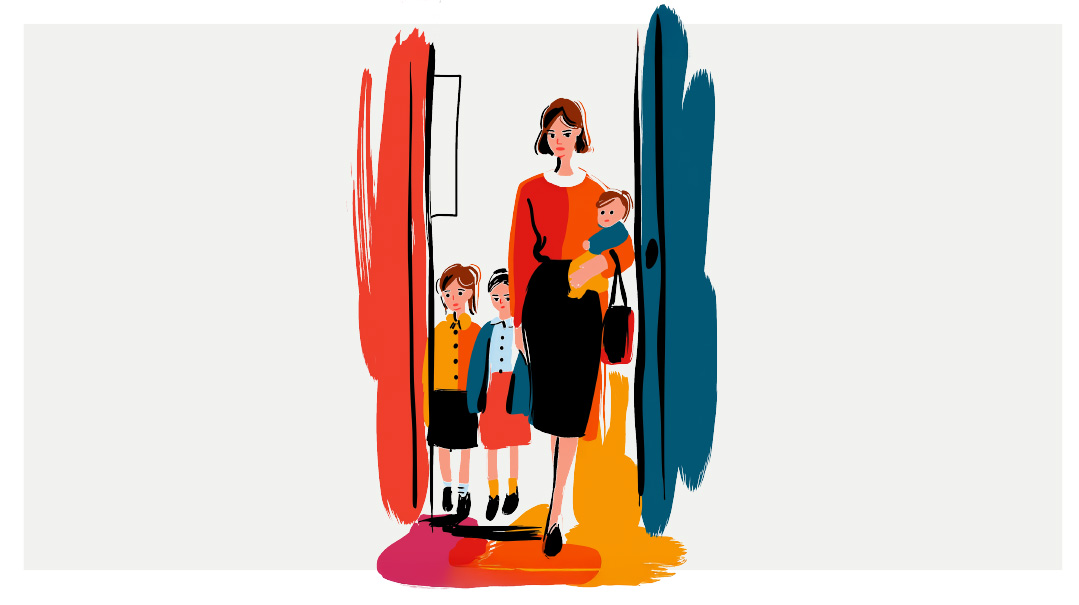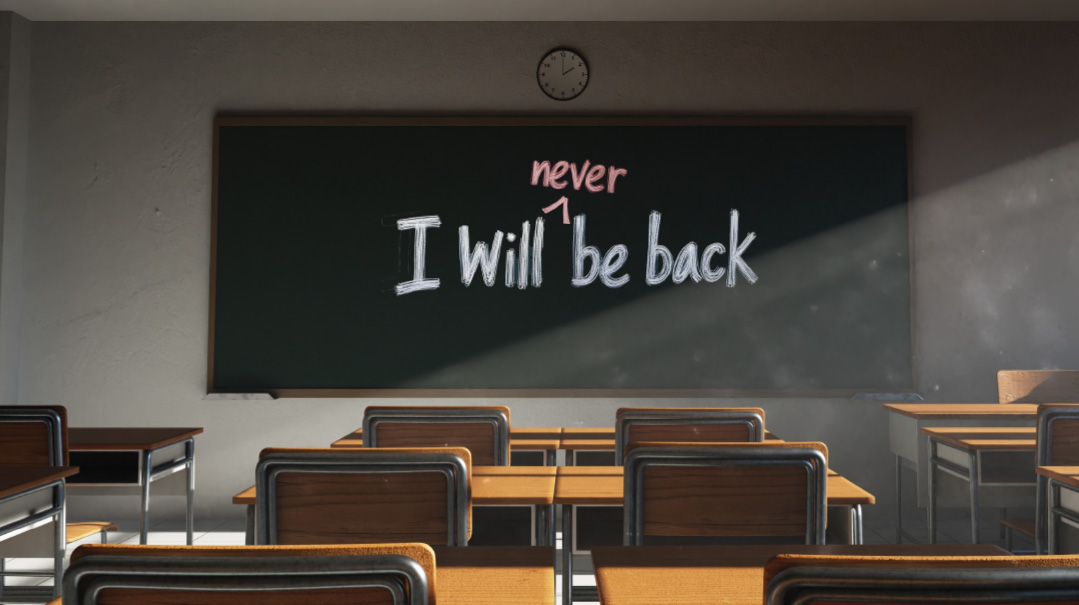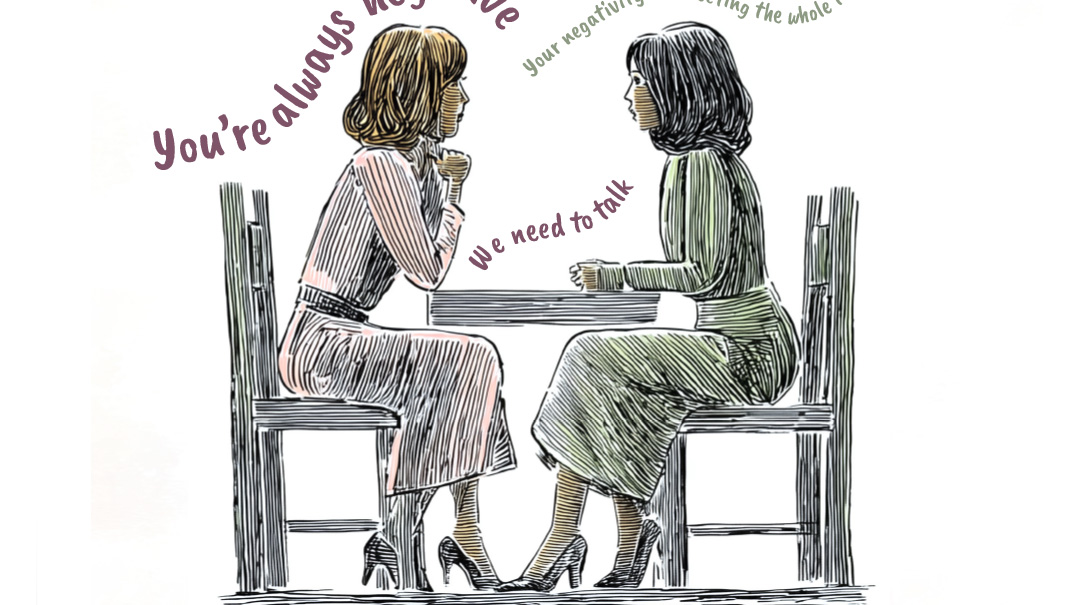Going Nowhere
| May 27, 2025Driving should be a tool, not a pastime
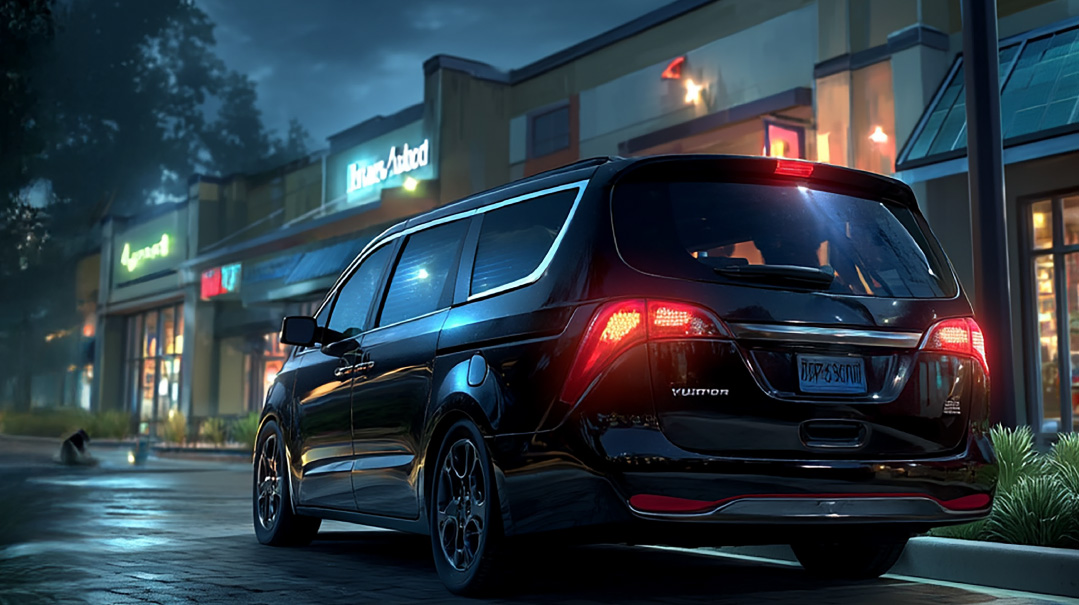
As told to Sima Kazarnovsky
I
was picking up some last-minute groceries for Shabbos last Thursday night when a minivan, stuffed to the gills with high-school girls, the latest Ishay Ribo song blaring, pulled into the parking space in front of me. One girl popped out of the front seat and ran into the takeout store, undoubtedly to pick up the Thursday night cholent that she and her friends would enjoy together over the center console of someone’s mother’s car.
As a mechaneches of a prestigious school in a very frum neighborhood, it’s a scene I can’t wrap my head around. My 11th- and 12th-grade students come home after a full day of school, only to drop their bags, untuck their shirts, and run back out with the car keys to pick up their friends and go for a drive. Their mothers won’t see them again until the next morning, having retired for the night long before they get back home.
I know this has become the norm that our girls get a driver’s license at 16, and then, the world is theirs for the taking.
The sheer need to always be on the move, to go go go, to never be home, to be out on the town at all hours — it’s not healthy. What is this frenetic yearning to be out, driving fast, music loud, conversation even louder?
Our girls are out all day, starting from the early hours of the morning. When school is finished, wouldn’t it be better for them to come home, unwind, spend time with their families, eat supper at the kitchen table, relax on the couch or in their rooms, talk on the phone, study for a test, or just sit still? I’ve heard many a mother express her wish that their daughters feel content to hang out with her own family in the kitchen. Instead, the girls crave the fast energy of piling into a car and driving around.
Is being home, doing normal, slow-paced activities too boring to contemplate? It seems that just being has become such a rarely used muscle, very few are able to withstand the strain.
I don’t mean to be dramatic, but I firmly believe that letting our daughters gallivant through town instead of staying home, even if they’re in the cocoon of their mother’s car, will affect their ability to adjust to marriage and motherhood. How will they have the patience to spend shanah rishonah schmoozing and doing a puzzle with their husband on a long Motzaei Shabbos or get down on the floor and shake a rattle at their baby? I’ve heard that kallah teachers and marriage mentors are seeing this more and more frequently.
As I fill my trunk with Shabbos groceries and watch the minivan in front of me drive away, a chorus of high-pitched giggles floating from the window, all I can think of is all the opportunity these girls are actually missing out on by not being in their own homes, learning to be with themselves. Driving should be a tool, not a pastime.
Does this not seem like a problem worth addressing?
Help Is Here
A mother’s perspective:
My oldest just passed her driving test, and it’s hard to tell who is more excited, me or her. I’m the mother of seven, I work full-time, and I won’t hide the fact that another person to run errands, pick up playdates, and handle the grocery shopping is super welcome.
It’s very easy to preach high standards when you’re looking from the outside in. But you’d be hard-pressed to find another mother in my stage of life who wouldn’t grab this opportunity with two hands if it presented itself. Let’s face it. No teenager is eager to fold laundry or put away the dishes from the dishwasher. But running errands in the car? They do it with enthusiasm. It doesn’t make it any less helpful just because she’s actually excited to do it. I love how I don’t have to get into a battle of wills when asking my daughter to help me out, that I no longer have to deal with dramatic eye rolls and sudden moodiness.
And if I’m going to trust her with my responsibilities, then I’m going to treat her like an adult all the way through. She gave me her free time after school to do carpool, go grocery shopping, take her brother home from the tutor, and pick up the suits from the cleaners, so I’m happy for her to use the car for the rest of the evening the way she’d like. If she wants to use my car to see friends and grab a bite to eat? After all the help she’s giving me, I’m happy to allow her this harmless outlet. There are so many worse ways in which she could spend her time. If my daughter wants to see her school friends and yap about production politics for a few more hours while on cruise control, I consider myself lucky.
Social Suicide
A mother’s perspective:
Every night when I get into bed and see my daughter is not back yet from her nightly driving escapades, I feel a heaviness in my heart. She’s a good kid, I know nothing nefarious is going on, but that doesn’t mean this is something I would’ve dreamed up for my daughter. This whole culture of spending the night in friends’ cars, listening to music, lazily driving around, and picking up food just doesn’t scream Bais Yaakov girl to me. Not to mention, it’s unnecessarily expensive, especially when there is fresh supper waiting at home.
But G-d forbid my daughter stay in and schmooze with her parents or siblings in the kitchen. It seems like doing so is akin to social suicide. These “car chills” have become such an accepted part of high school that I can’t be the bad guy to tell my daughter to stay home. Forcing her to spend quality time with her family would defeat the whole purpose, and I guarantee you, if I made her stay home, no DMCs would be had; there’d only be cold glares and one-word answers. Trust me on this one.
I can’t pretend that I don’t love it when she does my errands or takes her siblings to their friends’ houses, but why does it have to be all or nothing? Why can’t we use the car to get from point A to B, and then use my very comfortable couch in my house to talk? I’m willing to have her friends over, but apparently, it’s really not a “vibe.”
I can’t help feeling that by allowing our daughters to spend the evening out and about in our cars instead of at home with us, we’re giving up on very valuable quality time that we won’t ever get back. And when they get married and G-d willing will need to be homebound with their own family, I only hope they’ll be able to handle the complete culture shock with the grace and strength they need but never cultivated.
A Wake-Up Call
Leah Grossman:
I spent the summer after 12th grade with a group of friends running a day camp in California. We were young and lacking life experience, so although we all came with our driver’s licenses and head counselor hats, the seven of us were still in the hyper-fun stage of life.
One Sunday, our off day, we decided to take a trip a few hours away. We put in a full day packed with wholesome fun. At the end of the day, everyone was bone-tired. We were trying to figure out what to do — a car full of laughing teenagers against a background of loud music —and were absentmindedly circling around a left turning lane, deciding if we were going to make another stop or head directly home. We circled around the intersection, making a U-turn in either direction about three or four times when we saw the flashing lights of a police car behind us. We were sure it was a mistake. We weren’t driving fast, our lights were on, and we didn’t run any red lights. The cop instructed my friend, the driver, to step out of the car, and had her walk in a straight line and then lie on the ground so he could look into her eyes — he suspected her of drunk driving.
We got back into the car in complete silence. We were put in our place by the cops on the California roads, and we felt we deserved it.
(Originally featured in Family First, Issue 945)
Oops! We could not locate your form.



